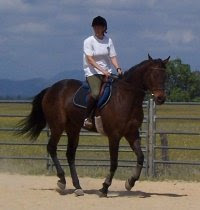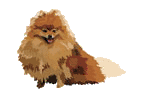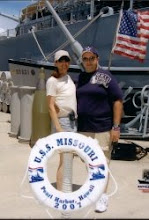
After a few years of searching, we finally have found our Manchester Terrier. Tipping the scales at a whopping 4 pounds on arrival, "Millville's Flying Ace" landed in San Francisco in late August. (The closest available Manchester we could find -- he flew in from Indiana!) He is a hilarious addition to our Dobie pack -- plays with our dogs in staunch defiance of his size. Ace is actually a foundation breed for our beloved Dobermans; Louis Doberman himself combined the breed with Rottweilers and greyhounds to produce the Doberman we know today. In public places, Ace could easily be labeled a Chihuahua, a Miniature Pinscher, or a cross thereof. Oddly enough, passers-by usually say, 'That's the tiniest Doberman I've ever seen!" And they are right. In fact, Dobermans are really just giant Manchesters.
Originally called the Black and Tan terrier, the Manchester Terrier gained popularity in the English region of its name because the dogs were such excellent vermin-killers. The dogs curbed the overpopulation of mice and rats, then quickly became popular as pit-fighters (later banned in the district) with rats often larger than they. With the quashing of the pit-fighting trend, Inns kept kennels of the dogs to help fight their ever-present rat problem. Foxhunting groups who rode to hounds also carried the terriers in special "slings" (as the little dogs lacked the speed to keep up with the foxhounds) so that if the quarry went into a hole in the ground, the little black-and-tan powerhouse would go in after it with ferocity. Common carriers of the "big dog syndrome," Manchesters do not realize their size. Matched with a Doberman, they will wrestle and play regardless of being 1/10th the larger dog's size.
True to his lineage, our little Ace is the biggest little dog in the neighborhood. He enjoys running with the pack (including our resident human 10k runner) and playing with the family Dobermans. He's truly a blast from the past!
Needless to say, Ace's tiny size was a bit of a concern for us at first. Dobies as a rule will play hard (and sometimes can appear to be overbearing), but generally reserve viciousness for intruders of the two-legged persuasion. However, true to his terrier roots, Ace at 4 pounds stood his ground and refused to be an expensive squeak toy for the Dobies. A few weeks after his arrival, we allowed supervised play time. Ace added weight very quickly -- in a couple of months he had doubled in weight and strength. High-quality puppy food and plenty of exercise (running/playing on 10 acres, plus daily 2-mile walks with the DobiePack) allowed him to grow like a little black and tan weed. Ace's above-average intelligence also had him leash-trained and sit/stay trained almost immediately. And while it took the Dobies several days upon arrival in our home to master the large-breed dog doors we had installed, Ace mastered them in a day: kicking and struggling to climb through, the magnetized flaps and long drops to the other side did not daunt his determination.
It is rather a wonder that this breed of dog is relatively rare in the common household setting. Where one sees plenty of Min-Pins, Chihuahuas, rat terriers, and Jack Russells, the Manchester Terrier is almost a novelty. Ace turns heads and piques interest whenever we take him to parks or softball games. Perhaps the Manchester's small litter size (3-4 pups is common) and higher price prevents them from becoming household regulars. Some may label them as "hyper," "unsuited to small households," "yippy," "nippy," or "unsuitable for households with cats," but truth be told, any dog can bear these problems if not properly cared for. Ace is even-mannered, obedient, generally quiet, and has yet to attack anything other than his Dobie siblings. The experts all agree -- regular walks, a good balance of work/play/discipline, and pack order will produce champion manners in any dog. Raised amongst Champion-line Dobermans, Ace is a little champion in his own right!

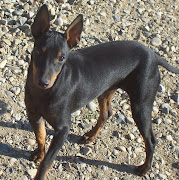
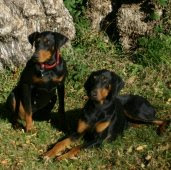
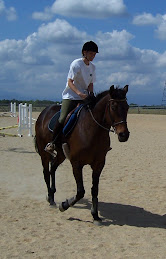.jpg)
